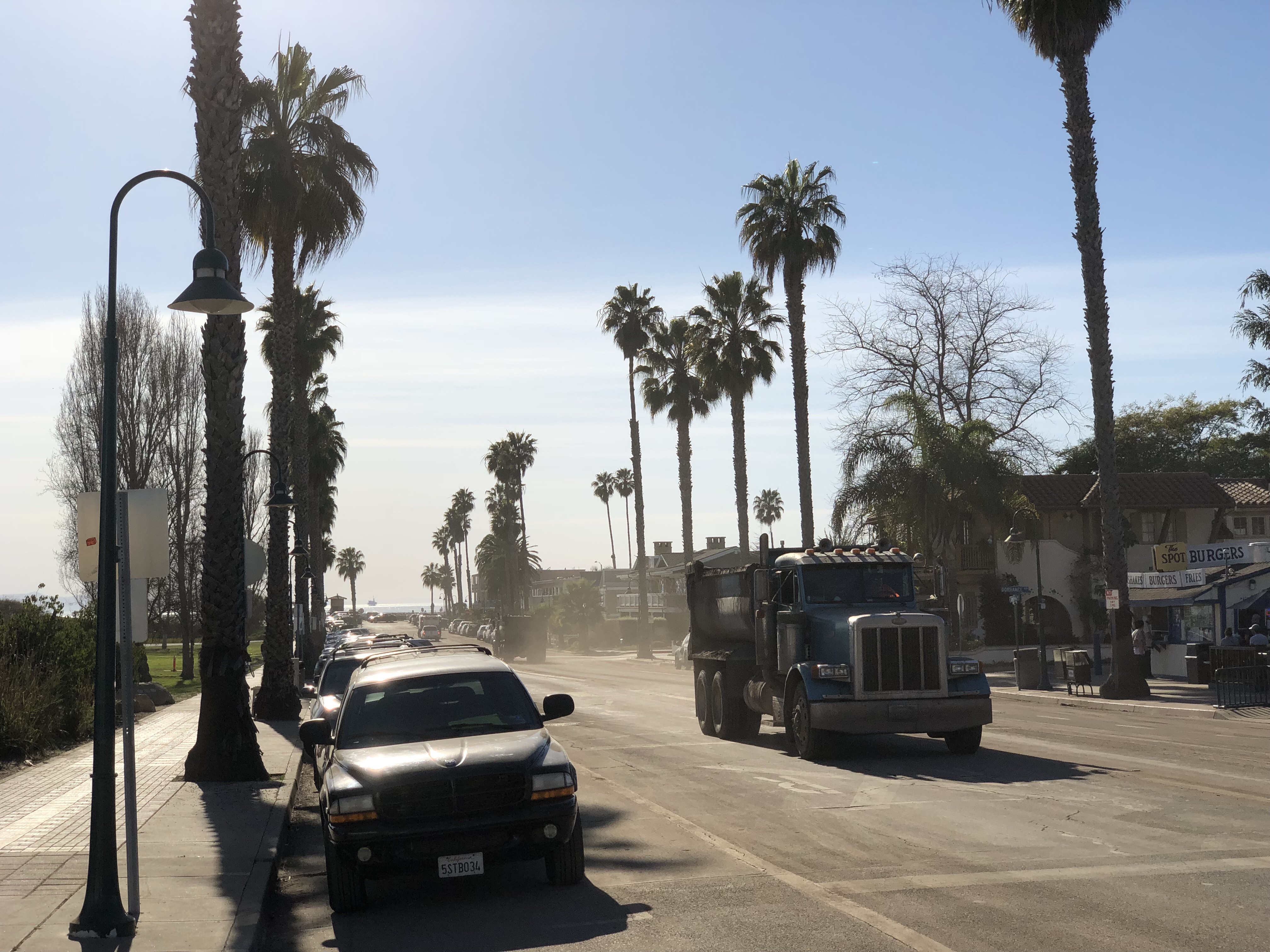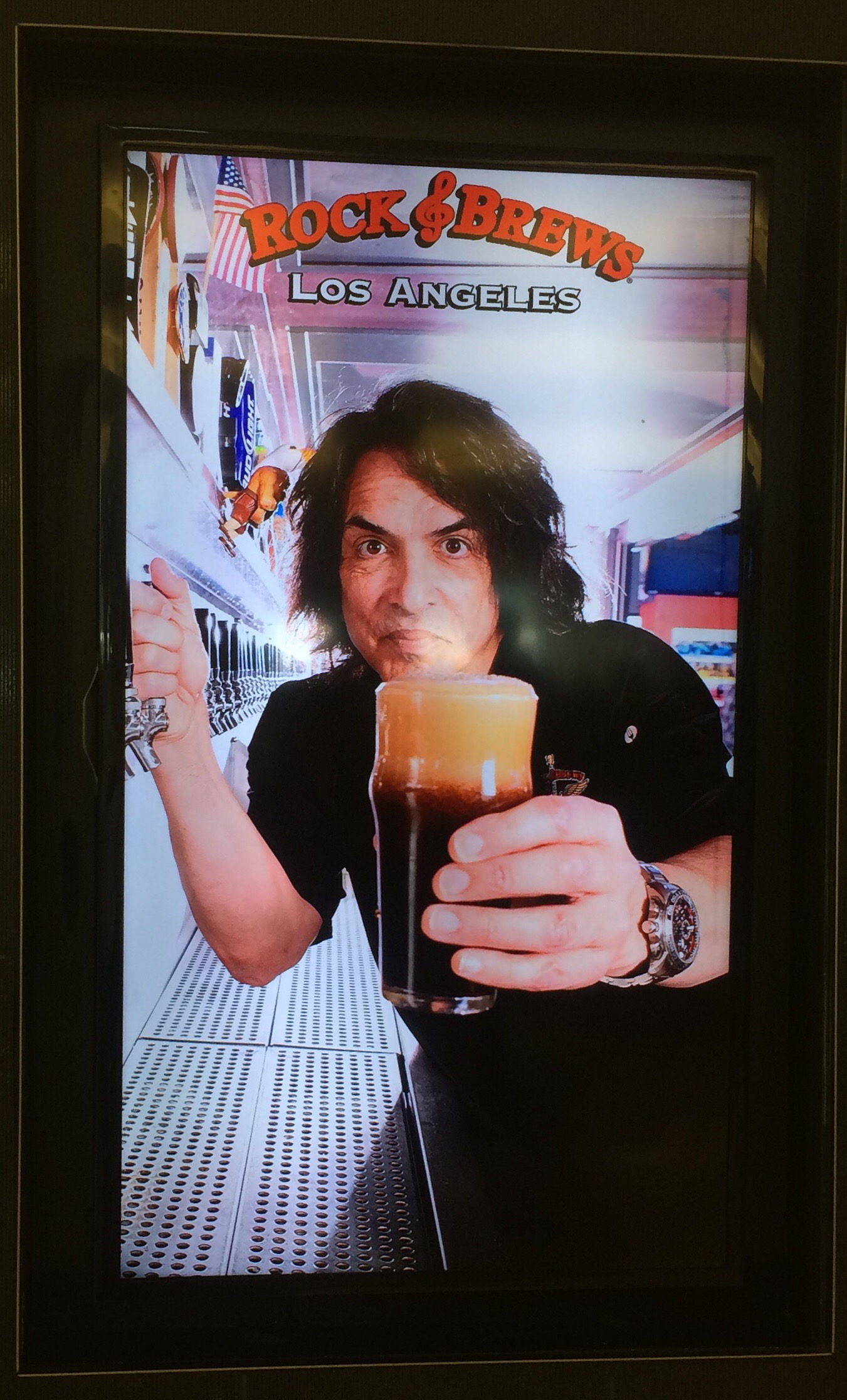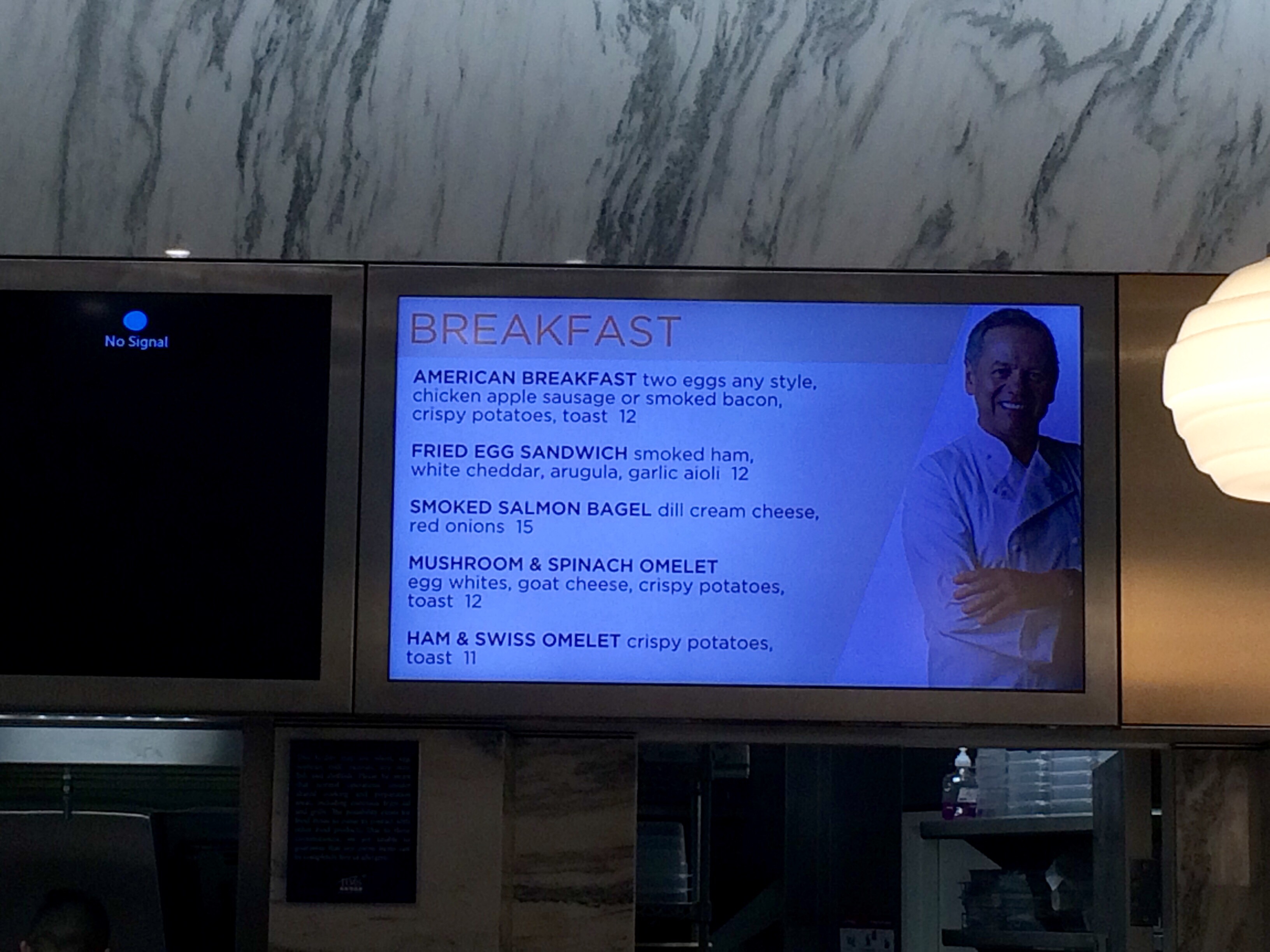In present day United States, the greatest impediment to progress is the war of words over an ancient conflict that no longer exists: socialism vs capitalism. In case you’ve been living in a cave since the fall of the Soviet Union in 1991, capitalism won. The greatest edifice ever erected to Marx’s whims crashed under the weight of the repressive regime that ultimately failed to bring into existence any structure that resembled Marx’s ideal. The second greatest such edifice, People’s Republic of China, is rapidly incorporating capitalistic principles into its structure in an effort to preserve its aristocracy the way the British conservative movement successfully saved the British monarchy from the fate that befell the French monarchy. Whether the Chinese party aristocracy survives the 21st century is debatable, but what is certain is that communism is dead! Socialism no longer exists. Governments have become de facto agents of their corporate funders. The race is to have a government that effects the greatest efficiencies for its economy.
Nevertheless, a great many scoundrels insist on reviving tropes like the “left†in the US seeks to drive the system into a “socialistic†system like Europe’s. The power that this trope still carries is testament to the power that false ideas still carry in our system. After all, the capitalistic industrial prowess of Europe drained the world of its resources through the colonial system, drove American buffaloes to extinction and drove American industrialization chiefly through the conduit of JP Morgan. Europe is the birthplace of capitalism, and it remains the greatest bastion of capitalism by virtue of a political system that is more dedicated to fostering capitalism by ensuring cost realism. What distinguishes Europe from the US is not that they are socialist, but that they effect efficiency where markets cannot by forcing prices to reflect the actual value of a commodity or product.
What forms does this take? In the realm of healthcare, price controls prevent price gouging by pharmaceutical companies, hospitals and doctors. In the realm of transportation, high gasoline taxes factor in the costs of global warming, of traffic congestion and of the subsidies that mass transit requires in order to make driving pleasant and feasible. The value added tax has effectively become the universal consumption tax that has greatly relieved European businesses of the onerous tax regime that burdens American businesses. (The VAT is the consumption tax for which many American conservatives have been clamoring, but in favor of which they can never muster any sincere support.)
The debate, therefore, is not whether we want a “capitalistic†system or a “socialistic†system—whatever the hell these asinine, fictitious categories mean—but whether we want to build protections that ensure the integrity of the marketplace, the foundation of capitalism. Protecting the integrity of the marketplace entails informing the public (education), preventing businesses from pushing costs onto consumers (environmental protections to ensure that corporate profits do not come at the cost of consumer deaths), and preventing the fleecing of consumers (price controls to prevent excess healthcare expenditures or transparency laws to prevent corporations like Google and Facebook from abusing their data advantage over consumers).
Given that democracy is the only system within which capitalism can survive, these measures are the critical parameters that preserve democracy and, thus, capitalism by preserving that one object that is vital to both: the bargain. Democracy and capitalism derive their legitimacy by offering the individual a fair bargain: a voice in governance in the case of democracy, and a voice in the marketplace in the case of capitalism. The history of democracies (and the demise of dictatorships) is written in the blood of activists who sacrificed their lives to earn the bargain for future generations. In more recent memory, breaking the bargain has inevitably resulted in chaos and revolutions. (Presently, Venezuela is the perfect example of what results when the bargain is no longer fair.) Hence, the debate is not about socialism vs capitalism, but whether we manage to do a better job of preserving the bargain—preserving capitalism—than our economic rivals, the European Union and Japan. This process demands measures to ensure that the costs that individuals pay are fair, realistic and transparent. Absent any means of remedying unfair bargains, we risk a systemic, existential threat to democracy and to capitalism!







